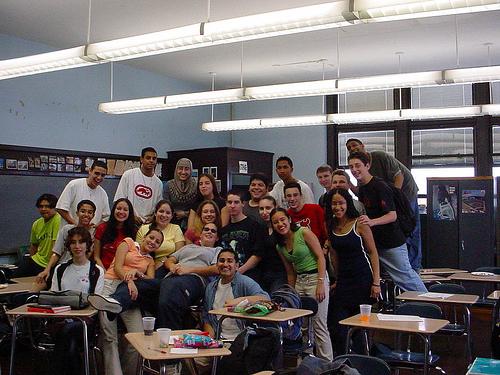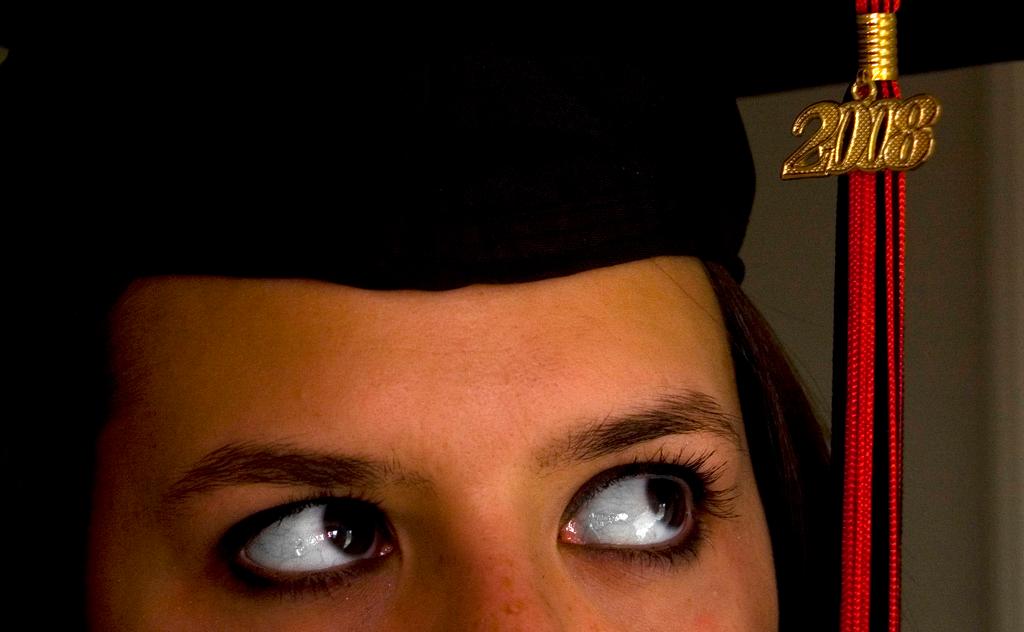Decentralized Education

Formal education ranges from elementary level to higher education: college/university. Educational options are many, however most children follow the same educational path provided by their state public school system.

In the USA there is no nationwide school system. Each state is responsible for education in its area. Within the states, education is decentralized. This means that there may be great differences at state level. Students who live in one state may e.g. leave school at sixteen while they may have to be seventeen in other states. Standards, for instance exams and certifications of teachers, are set by the states and may vary greatly. The Constitution promotes an educational ideal with equal opportunities for everybody, but this does not necessarily happen in practice.
Public schools are provided for by state funding, usually in the form of property taxes, and supplemented by federal funds. In spite of the fact that schools receive equal amounts of federal funding, state funds, which provide most of the money, can vary greatly, causing significant differences between schools. This is why when Americans move, one of the first things they consider is the public school system.
An option to the public school is choosing a private school. About 11 per cent of children attend private schools, most of which are grounded on religious beliefs. One reason there are so many religious private schools is that it is against the Constitution to have religious instruction in state schools. Not all Americans agree with this, but the choice is there and yours to make.
A growing concern is the alleged decline in educational standards in public American schools. One of the reasons for the decline is obviously budget cuts, but another possible cause might be that the US is a multicultural society. Difficulties and conflicts arise, for example in certain communities with large ethnic minorities. Something as basic as the English language may be an issue. Inner city schools are often challenged with these two issues more than suburban schools.
Vocabulary
Sit in pairs and take turns explaining the following expressions. Try to include them in sentences as well.
- decentralized
- constitution
- federal
- state
- primarily
- promote
- funding
- significant
- consider
- private
- instruction
- concern
- communities
- issue
- suburban
Discussion
Discuss with a partner your thoughts about private schools.
- Would you consider attending a private school?
- Should religion be taught in public schools?
- Should Norway allow more private schools?
- What are the pros and cons of private schools?